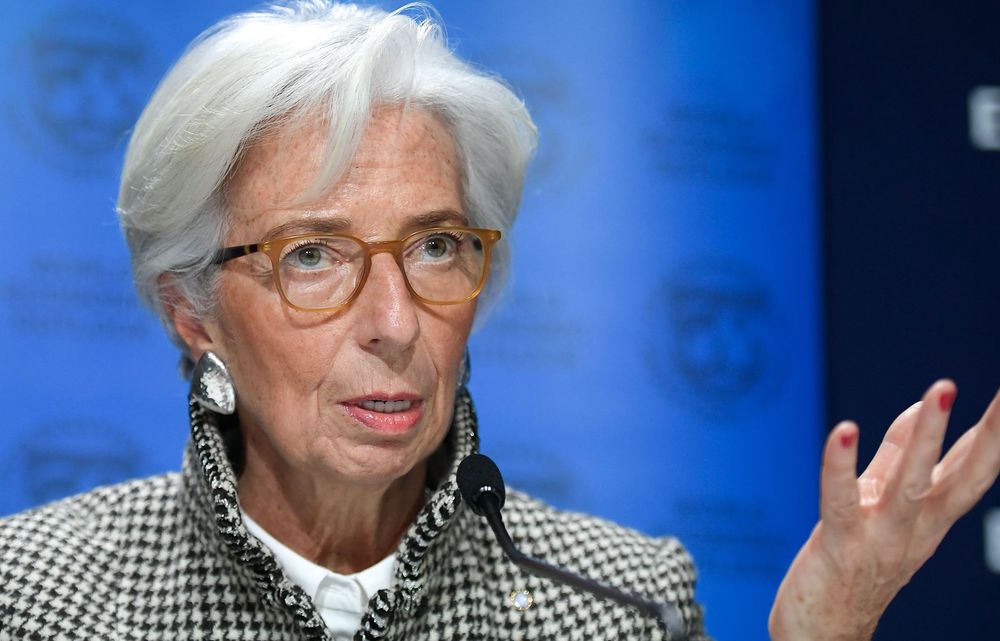
Despite a difficult struggle against the Covid-19 pandemic, the European Union will hit its economic stride later this year, European Central Bank President Christine Lagarde told CNBC on Friday.
Multiple parts of the euro zone have been hit by a renewed wave of coronavirus cases, leading officials to institute another round of shutdowns just as other developed economies are looking to rev up.
While acknowledging that the lockdowns are putting a dent in growth, Lagarde said she’s optimistic that things will pick up.
“Light is at the end of the tunnel,” Lagarde told CNBC’s Sara Eisen on “Closing Bell.” “We can see it. It’s not yet within touching distance. We still have a few innings to go.”
She added that in the second half of the year “that will be [a] recovery that will be moving fast, actually.”
The latest International Monetary Fund projections see EU growth running at 4.4% in 2021, about right on pace with the average of advanced economies but well behind the 6.4% estimate for the U.S. That comes off a year when GDP in the EU contracted at a 6.6% pace compared with -3.5% in the U.S.
The U.S. has been much more successful with its vaccine rollout, and Congress has been considerably more aggressive with fiscal support in the form of more than $5 trillion in stimulus, with a massive infrastructure program still to come.
Both the ECB and the U.S. Federal Reserve have provided heavy monetary support in the form of rock-bottom interest rates and trillions in asset purchases.
In fact, there have been some worries that the policy moves in the U.S. could push inflation to unwelcome levels, and Lagarde said she expects the Fed to reach its own inflation goals ahead of the ECB.
“We are in a completely different situation,” Lagarde said. “You know, the U.S. is probably going to hit it’s inflation targets rather soon. We are very far away from that.”
She added that the ECB’s own approach to monetary policy is characterized by “complete flexibility. Flexibility across time, across asset classes, across countries, and we decided when it was needed to expand it, and to expand it we did it twice.”
“If it is necessary to do it again, we will do it again,” she added. “If it is necessary to spend more than what has been identified, we will do so. If we can spend less because the situation improves fast, we will do so as well. So we will use the flexibility in all respects.”
While the region has lagged in vaccinations, Lagarde said she is hopeful that will change. Just 14% of those living in the EU have received at least one dose, compared with 33.5% in the U.S., according to Our World in Data.
Lagarde said there is a “very strong” determination to bring that number up to 70% by the summer.